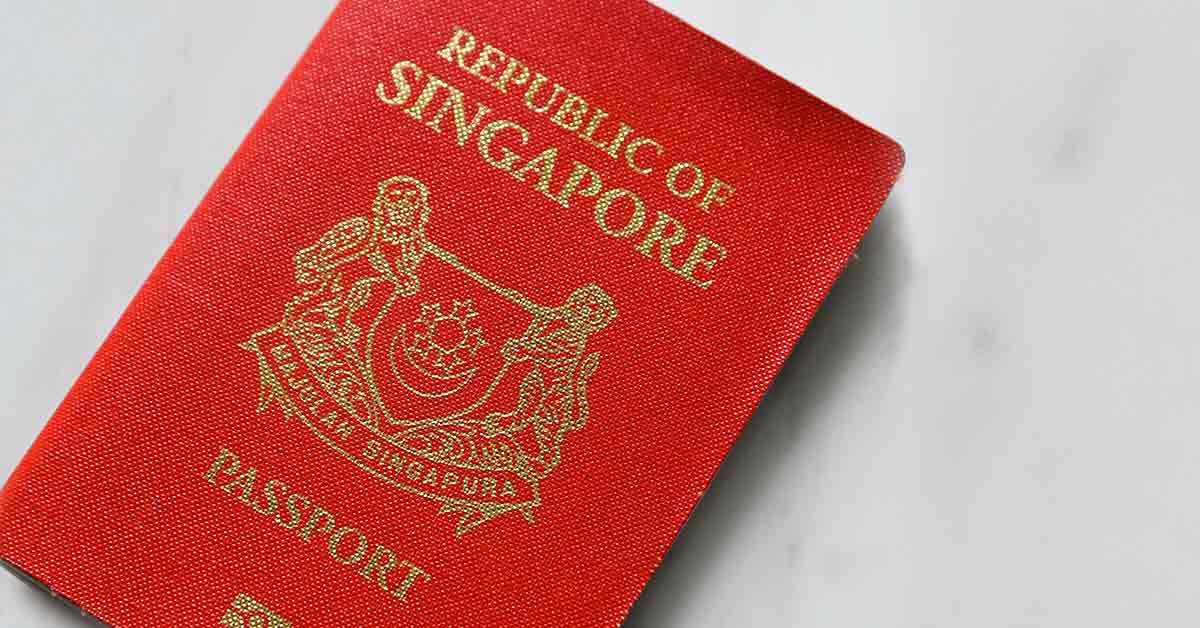Singapore's economy suffered its biggest contraction since the financial crisis during the first quarter as the coronavirus pandemic escalated, data showed Thursday, an ominous sign of the devastation being inflicted on the global economy.
The finance minister meanwhile announced SGD48 billion (US$33 billion) in fresh stimulus, taking to about SGD55 billion the amount so far pledged by the government to help the export-reliant financial hub weather the downturn.
One of the world's most open economies which is viewed as a barometer for the health of global trade, Singapore is now heading for a deep recession this year after shrinking 2.2 percent on-year in January-March.
"COVID-19 is like an economic tsunami hitting Singapore's shores," said Selena Ling, head of research and strategy at the city-state's OCBC Bank.
Singapore is one of the first economies to report growth data since the virus outbreak began, and the dismal figures add to signs the world is heading for a deep, painful recession with more than three billion people now under lockdown.
Governments and central banks around the world have been unleashing unprecedented measures to battle the fallout from the pandemic, with US Senate leaders agreeing on a US$2 trillion deal for the hard-hit American economy.
Markets have been in a tailspin as the pandemic accelerates, with more than 20,000 deaths reported worldwide, and all eyes are on data to be released in the US later Thursday expected to show a surge in people applying for jobless benefits.
'Canary in the mineshaft'
The Singapore economy's 2.2 percent contraction was the worst quarterly, on-year figure since 2009 during the financial crisis, the last time the city-state was plunged into recession.
Compared with the previous quarter, GDP fell 10.6 percent, as all sectors of the economy were battered, according to advance estimates released by the trade ministry.
Announcing the new stimulus package shortly after the growth data's release, Finance Minister Heng Swee Keat warned Singapore was heading for its worst recession since independence in 1965.
"How Singapore manages this, and whether we emerge stronger from this, will define us as a people and a nation," he told parliament.
The city-state, a travel hub and financial centre, is typically among the first countries to be hit during global crises because of its small and open economy, with ripples then spreading to other export-reliant Asian nations.
Singapore's latest growth data "is like the canary in the mineshaft, and warns of further economic pain to come for other Asian economies", said OCBC Bank's Ling.
The trade ministry further lowered its GDP forecast for this year, and said it expects the economy to shrink between 1.0 and 4.0 percent.
Even before the virus outbreak, Singapore's economy was already being hammered by the US-China trade war.
Singapore normally gives advance estimates before the quarter ends, but the figures do not cover the full period, meaning the revised reading - which will be released later - may be even worse.
Like many other places, Singapore has taken steps to contain the pandemic, including banning all foreign arrivals and closing bars and other entertainment venues.
But it has reported a relatively low number of cases - 631 infections, with two deaths - and has held off imposing a total lockdown so far.
The government has won praise for its response to the outbreak, although the city is now seeing a surge in imported cases as Singaporeans and residents return from other hard-hit countries. - AFP
